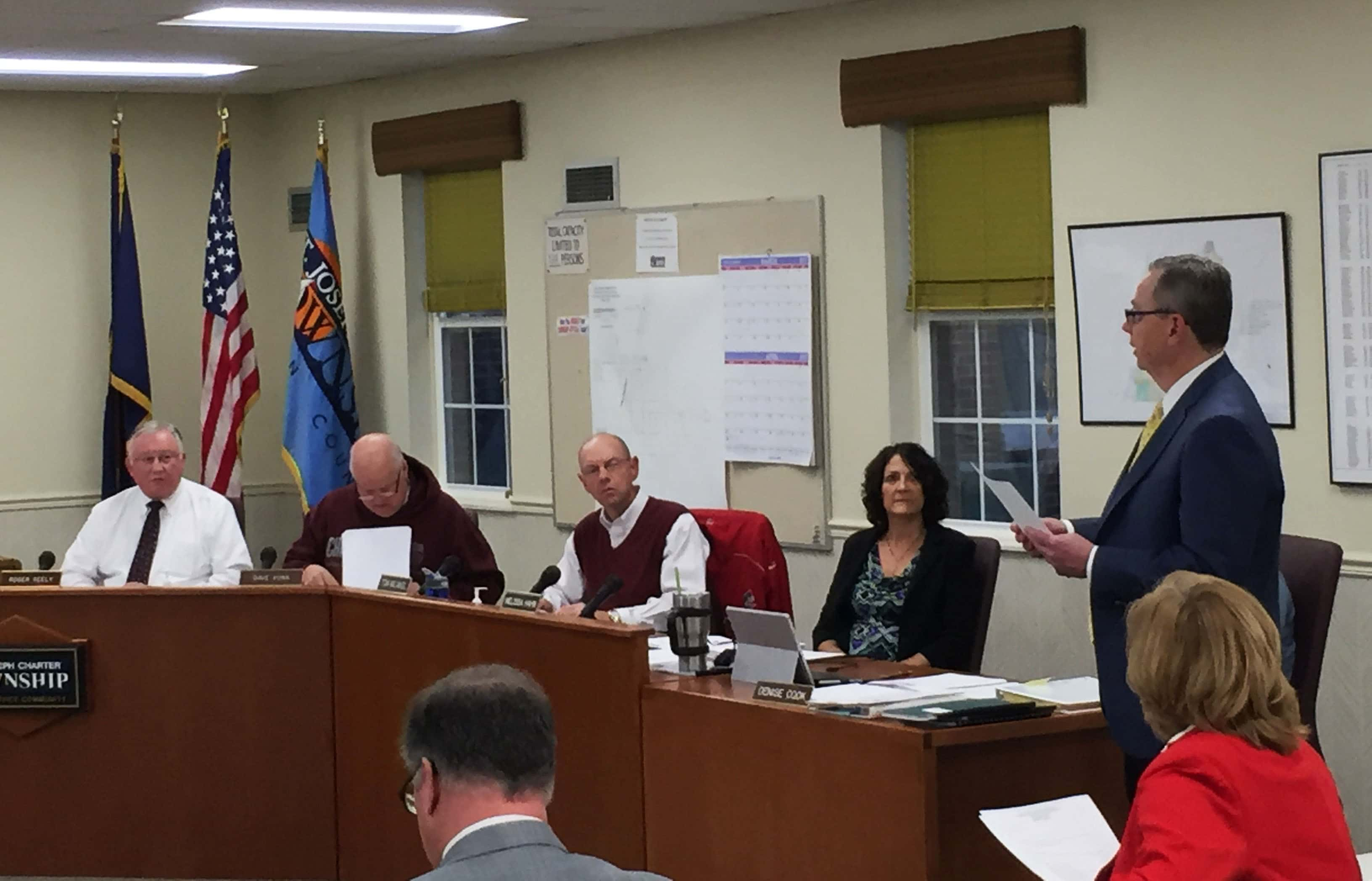

The Journal of pharmacology and experimental therapeutics 293(1): 1-7, Apr 2000.

Kable J W, Murrin L C, Bylund D B: In vivo gene modification elucidates subtype-specific functions of alpha(2)-adrenergic receptors. Kable Joseph W, Lease-Spellmeyer Jessica, Chatterjee Anjan: Neural substrates of action event knowledge. Kable Joseph W, Kan Irene P, Wilson Ashley, Thompson-Schill Sharon L, Chatterjee Anjan: Conceptual representations of action in the lateral temporal cortex. Journal of cognitive neuroscience 18(2): 267-77, Feb 2006. Kan Irene P, Kable Joseph W, Van Scoyoc Amanda, Chatterjee Anjan, Thompson-Schill Sharon L: Fractionating the left frontal response to tools: dissociable effects of motor experience and lexical competition. Kable Joseph W, Chatterjee Anjan: Specificity of action representations in the lateral occipitotemporal cortex. Kable Joseph W, Glimcher Paul W: The neural correlates of subjective value during intertemporal choice. Kable Joseph W, Glimcher Paul W: The neurobiology of decision: consensus and controversy. Kable Joseph W, Glimcher Paul W: An "as soon as possible" effect in human intertemporal decision making: behavioral evidence and neural mechanisms. Selected Publications Kable Joseph W: Just a little (lateral prefrontal) patience. We aim to explore the extent to which differences in decision-making are stable and trait-like as opposed to context-dependent, and to analyze the psychological, genetic, and neural sources of these differences.

Recently, we have reported dramatic differences across individuals in impulsivity, which are associated with how certain brain regions are active during decision-making. We are now examining how neural value signals change when people change their decisions for different reasons (e.g., heuristics and biases, preferences evolving over time, education, or social influence).Īnother goal is to understand the different sources of individual differences in decision making. Recently, we have used fMRI to show that the subjective value people place on different rewards is represented in a common neural currency - a "utility"-like neural signal. One of our goals is to understand the mechanisms underlying changes in people's preferences. We aim to draw links across these different levels of analysis, and to build explanations of decision-making that account for both people's choices and the neural mechanisms underlying those choices. We employ an interdisciplinary approach to tackle these questions, drawing on methods and ideas from social and cognitive neuroscience, experimental economics, and personality psychology. Research in my lab seeks to understand how people make decisions, and to trace out the psychological and neural mechanisms of choice.

Neuroeconomics, Decision-making, Social Neuroscience, Cognitive Neuroscience, Computational Neuroscience Neural mechanisms of human decision-making


 0 kommentar(er)
0 kommentar(er)
